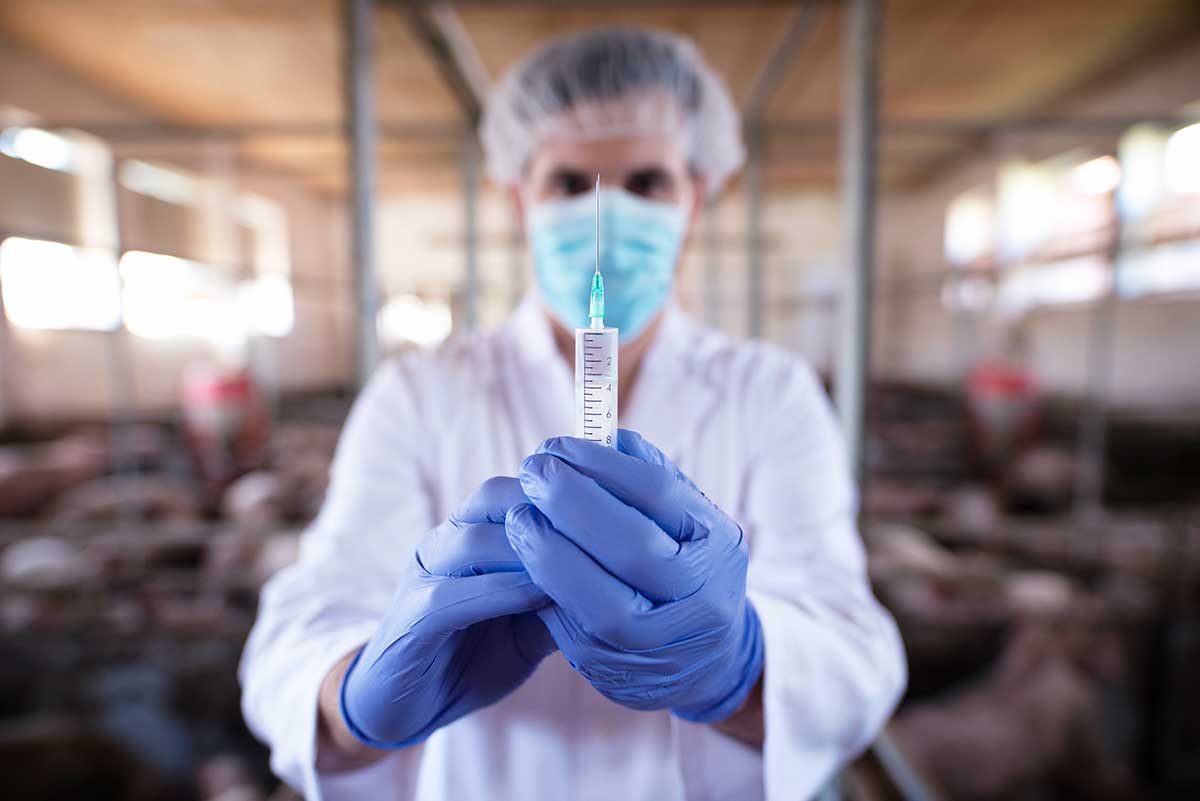Advancing toward an HIV-free future: the imperative of vaccine development
The adage ‘An ounce of prevention is worth a pound of cure’ rings true, especially in the context of a widespread epidemic like HIV/AIDS. Despite the challenges inherent in its implementation, the urgency for comprehensive prevention and treatment strategies remains undeniable in our pursuit of an HIV-free future.
The Global HIV/AIDS Epidemic
The global HIV/AIDS epidemic continues to pose a significant public health challenge, as evidenced by the staggering statistics (latest update to 2022):
- 39 million individuals living with HIV
- 1.3 million new infections
- 630,000 AIDS-related deaths
Although there’s a decline in numbers and an increase in treatment accessibility, with 29.8 million people receiving antiretroviral therapy in 2022, the development of an HIV vaccine remains imperative to stem transmission rates and ultimately halt the epidemic.
Social and Economic Implications of HIV Vaccine Development
Furthermore, the importance of HIV vaccine development transcends individual health outcomes, with far-reaching social and economic implications. A vaccine holds the potential to prevent new infections, reduce healthcare costs, and alleviate the strain on healthcare systems globally. Moreover, it constitutes a vital component of the global strategy to meet the UNAIDS target of ending the HIV epidemic by 2030.
Simultaneously, the HIV therapy market is poised for significant growth, with forecasts projecting a market size of approximately $46–51 billion by 2028-2032, driven by a growing compound annual growth rate (CAGR). This trajectory is fuelled by heightened research and development efforts aimed at broadening therapeutic options and addressing unmet medical needs in HIV care.
A Multifaceted Approach to Ending the HIV Epidemic
As stakeholders in the HIV community unite in the pursuit of ending the epidemic, a multifaceted approach is imperative. While advancements in treatment modalities play a complementary role in enhancing patient outcomes and reducing transmission rates, vaccine development represents a pivotal strategy in prevention efforts, particularly in light of documented growing drug resistance phenomena.
In line with this objective, our recent publication reviews the progress and challenges encountered in the quest to develop an effective HIV vaccine.
Undoubtedly, the significance of HIV vaccine development cannot be overstated in the global fight against HIV/AIDS. With millions of lives hanging in the balance and ambitious targets set, sustained investment in research, innovation, and equitable access to care is indispensable to realize the vision of an HIV-free future.


